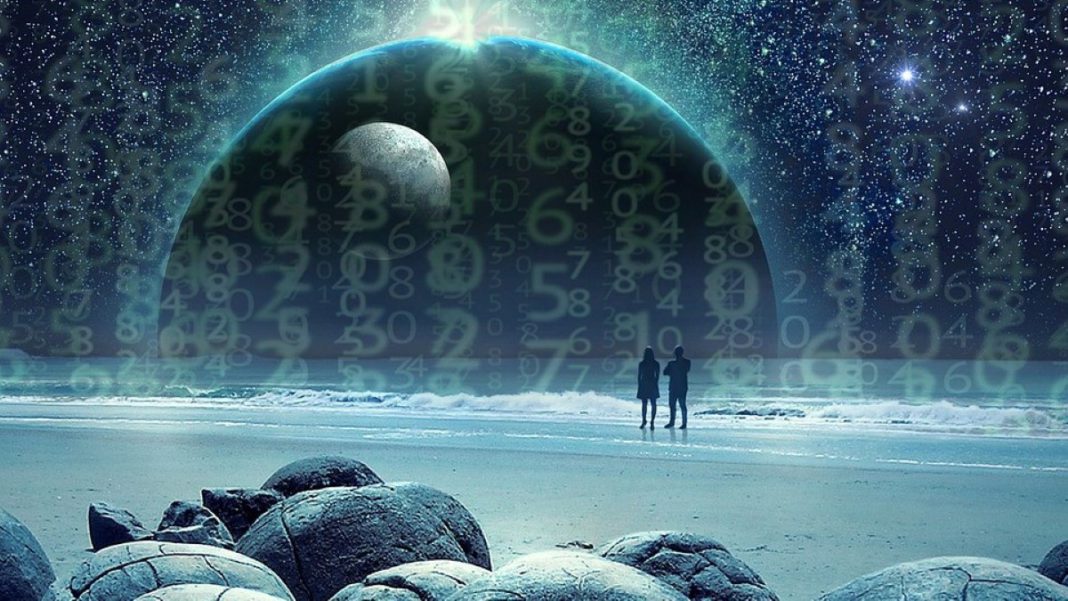INDIA: The simulation hypothesis is that our physical world is not the base reality but an artificial construct created by a higher intelligence, such as an advanced civilization or a supercomputer.
Have you ever wondered if reality is real? Or if you are just a character in a sophisticated simulation, This questioning of reality is not new, but it has gained popularity in recent years thanks to advances in technology and science.
Philosophers, scientists, and even filmmakers have explored the simulation hypothesis.
One of the most famous proponents of this idea is Nick Bostrom, a professor at Oxford University and the founder of the Future of Humanity Institute.
In 2003, he published a paper titled “Are You Living in a Computer Simulation?” where he argued that one of the following three propositions must be true:
1. The human species will likely go extinct before reaching a “posthuman” stage, where it can create realistic simulations of its ancestors.
2. Any civilization post-human is unlikely to run simulations of its evolutionary history or variations thereof for ethical, practical, or other reasons.
3. Humans are almost certainly living in a simulation.
Bostrom’s argument assumes that future civilizations will have enough computing power and interest to run such simulations and that the simulated beings will be conscious and indistinguishable from the real ones.
He also estimates that there would be many more simulated beings than real ones, making it more probable that we are among the former.
The simulation hypothesis has many implications for our understanding of reality, morality, and spirituality.
For instance, if we are living in a simulation, then what is the purpose of our existence? Who is running the simulation, and why? How can we tell if we are simulated or not? Can we escape or influence the simulation? And what happens when the simulation ends?
These are some of the questions that the simulation hypothesis raises and that many thinkers have tried to answer.
Some have argued that the simulation hypothesis is unfalsifiable and, therefore, meaningless, while others have proposed ways to test it empirically or logically.
Some have embraced the possibility of being simulated as a source of hope or curiosity, while others have rejected it as a threat or a delusion.
The simulation hypothesis is a fascinating philosophical idea and a reflection of our times.
It shows how technology and science can challenge our most fundamental assumptions about reality and ourselves.
It also invites us to question our role and responsibility in this possible simulated world and explore our imagination’s limits and potential.
Also Read: Understanding Laborit’s Law: How It Can Help You Achieve Success



